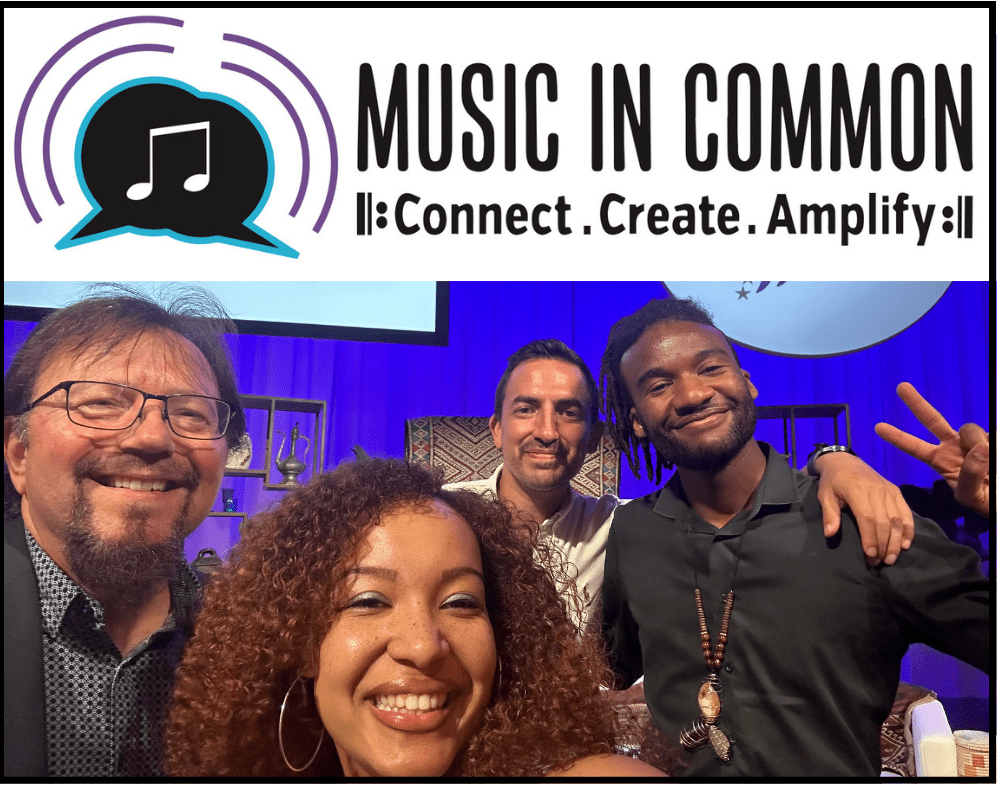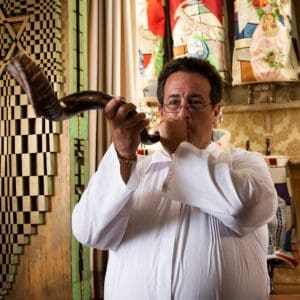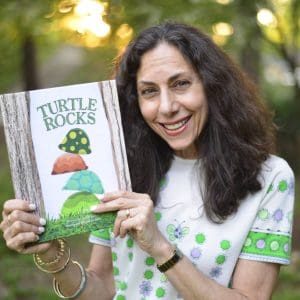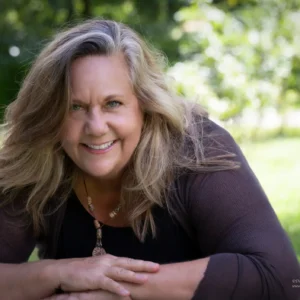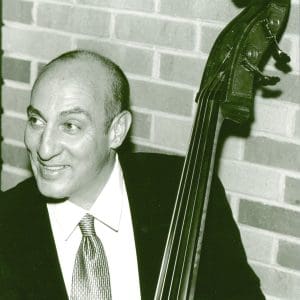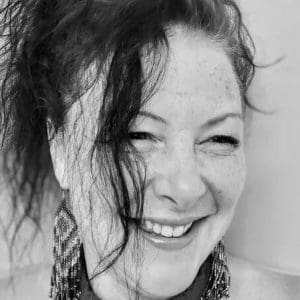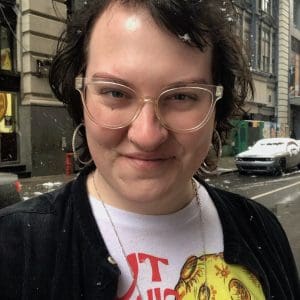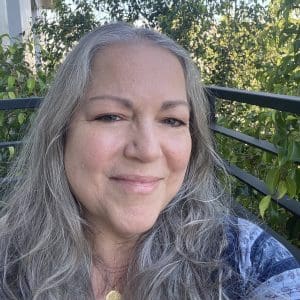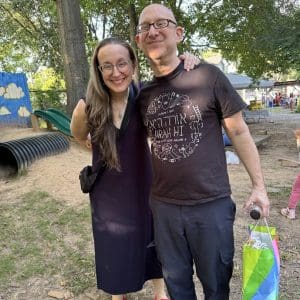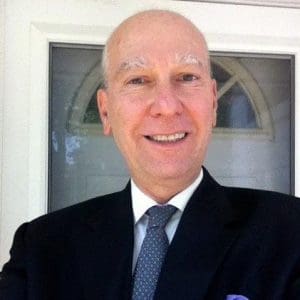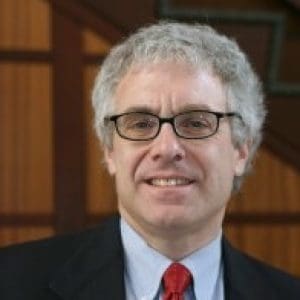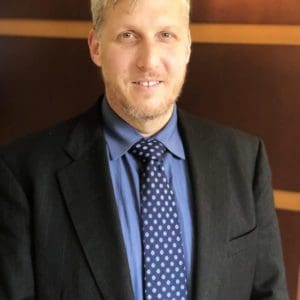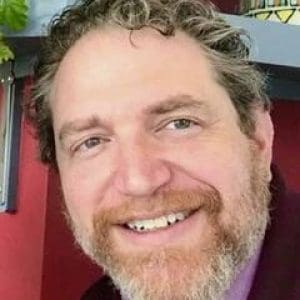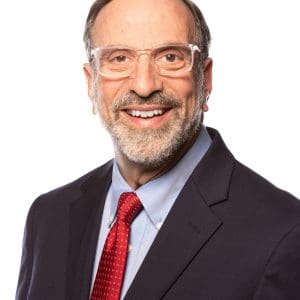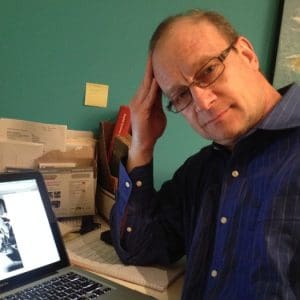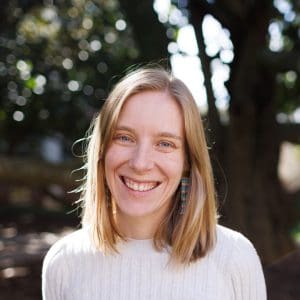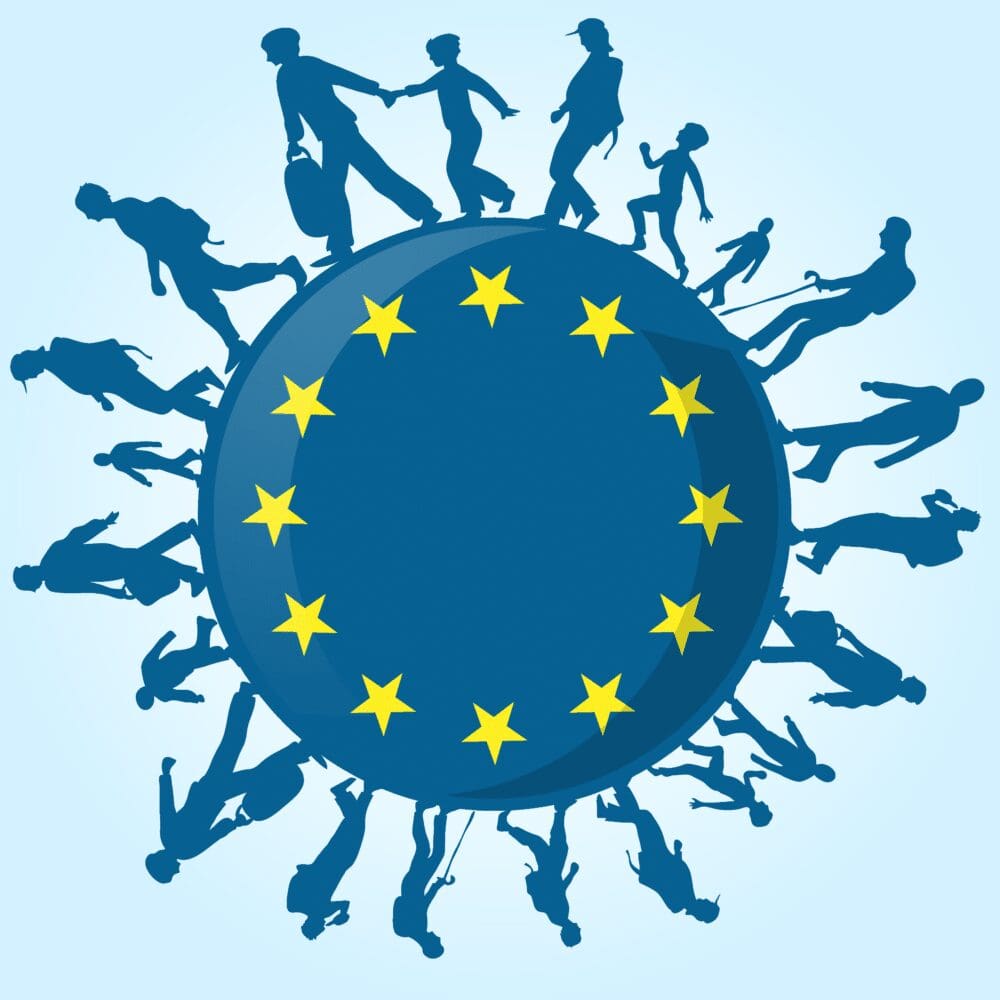I Am Part of the Problem. Are You?
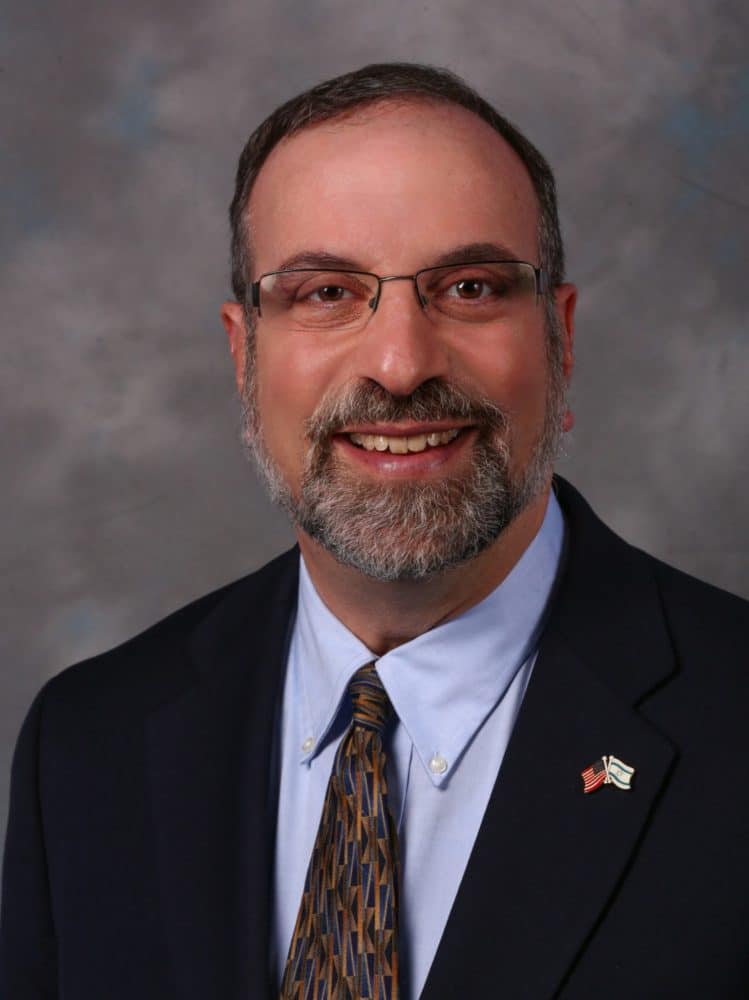
As I have watched reactions and events unfold since the unspeakable killing of George Floyd in my hometown of Minneapolis more than two weeks ago, I have reflected on the causes which have led so many people to respond in largely peaceful protest. It is easy to describe some of the problems that have sparked these protests and attribute them to "inequality." It is obvious to see the place of "police brutality" in the killing of George Floyd and other African Americans that rightfully deserves our attention.
I have thought about all these things quite a bit in recent days and have decided there is one problem I have not been sufficiently aware until now: me.
I am committed to the equality of people. I have often publicly written and spoken out when I believe our Jewish tradition beckons me to do so when that equality is challenged or denied.
But I have reflected on the subtlety of my thoughts and actions sometimes and what they reveal. I am hardly a racist. But do I harbor some stereotypes about people who look different than me… stereotypes that lead me to act in seemingly benign, yet less than proud, ways. I am part of the problem.
Despite my public statements on the urgency of equality, there have been times when I have, in retrospect, mistakenly remained silent. Yes, I am part of the problem.
In a recent column that appeared on the Times of Israel website, Peter Geffen (my much-admired boss when I taught Hebrew high school while I was in rabbinical school), wrote a challenging piece, "Declare a State of Moral Emergency." Here is an excerpt from it:
Dr. (Martin Luther) King was once asked about endangering the lives of 'innocent bystanders' when he led a march that he knew would encounter violence, as in Selma. His answer was quite simple and direct: 'the term is an oxymoron, for if you are a bystander, you cannot be innocent.'
Rabbi (Abraham Joshua) Heschel, King's friend and close associate in the leadership of the movement against the War in Vietnam, understood the insidious nature of evil. 'There is an evil which most of us condone and are even guilty of: indifference to evil. We remain neutral, impartial, and not easily moved by the wrongs done unto other people. Indifference to evil is more insidious than evil itself; it is more universal, more contagious, more dangerous.'"
I think silence like mine at times is prevalent. I think innocently turning aside and not paying attention to what ought to insert itself into our "oblivious world" is prevalent.
What do you think? Have you reflected on such things in recent days? Are you, too, part of the problem?
Dr. King shared sentiments with us that have been echoed by others more recently – "the fierce urgency of now." Rabbi Tarfon in the Mishna (Pirkei Avot 2:16) put it in this fashion: "You are not obliged to complete the work, but neither are you free to neglect it."
I am part of the problem. May I humbly suggest that many of you reading this column are also part of the problem? If so, it is NOW time for us to join with many others, inside our Jewish community and outside it, to start the sacred work of tikkun, mending this brokenness in our world.













